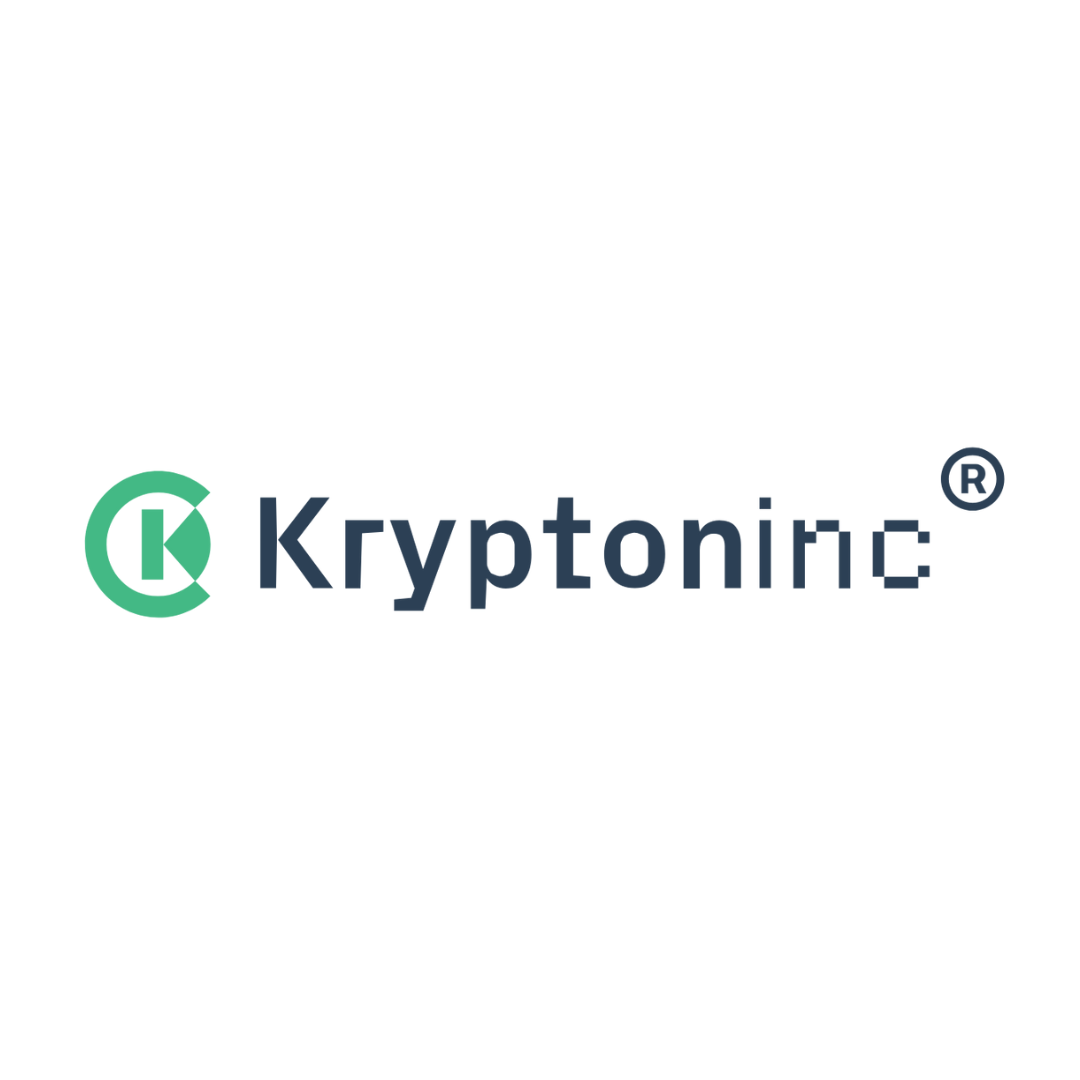Building a successful startup is never just about having a great idea. It’s about execution, strategy, and the ability to bring a product to market efficiently without compromising on quality. One of the most critical decisions a startup founder makes is choosing the right product engineering services Company. The right partner can accelerate your vision, save time and resources, and provide insights that elevate your product beyond initial expectations. On the other hand, the wrong partner can drain resources, slow down progress, and even derail the project entirely. Here’s a detailed guide to help you navigate this crucial choice.
Understanding Product Engineering Services
Before diving into how to select a partner, it’s important to understand what product engineering services encompass. At their core, these services go beyond simple software development. They include product design, prototyping, development, testing, deployment, and maintenance. A strong product engineering partner brings technical expertise, strategic thinking, and domain knowledge to help transform your concept into a scalable, market-ready solution.
Startups often confuse software development outsourcing with product engineering. While software development focuses on coding and technical execution, product engineering involves a holistic approach. It covers the lifecycle of the product, including feasibility analysis, user experience design, integration, performance optimization, and continuous improvement post-launch. Understanding this distinction will help you set realistic expectations when engaging a partner.
Key Factors to Consider
- Expertise and Technical Capability
Your partner should have deep expertise in the technologies and platforms relevant to your product. This includes programming languages, cloud services, APIs, and emerging technologies like AI, IoT, or blockchain if applicable. But technical skill alone isn’t enough. Look for a partner that has experience with startups in your industry. A startup-focused partner understands the unique challenges, such as limited budgets, fast iteration cycles, and time-to-market pressures.
Ask potential partners for case studies, client references, or demo projects. This will give you insight into how they approach problem-solving, handle challenges, and deliver results under constraints.
- Alignment With Your Vision
Your product engineering partner should share your vision and passion for the product. Collaboration works best when both parties are aligned on goals, priorities, and expectations. During the early discussions, assess how well they understand your product idea and its market potential. Are they asking insightful questions? Do they challenge assumptions constructively?
A partner who aligns with your vision will not just execute tasks, they will contribute strategic suggestions to enhance usability, performance, or market fit.
- Agile and Flexible Approach
Startups operate in dynamic environments where priorities can change rapidly. Your partner must be flexible enough to adapt to these changes without friction. Agile development methodologies are often the best approach for startups because they allow for incremental delivery, continuous feedback, and iterative improvements.
Ask about their project management approach, sprint planning, and how they handle changing requirements. A partner that emphasizes transparency and iterative progress will make collaboration smoother and more predictable.
- Communication and Cultural Fit
Effective communication is non-negotiable. Misunderstandings can lead to costly delays, rework, or misaligned expectations. Evaluate the communication style, responsiveness, and transparency of the partner.
Cultural fit is equally important. Even if a partner has outstanding technical skills, differences in work culture, time zones, or business practices can create friction. Choose a partner who demonstrates empathy, professionalism, and a willingness to integrate seamlessly with your team.
- Proven Track Record and References
Experience matters, but results matter more. Look for partners with a proven track record of delivering successful products from concept to launch. Ask for references from other startups they’ve worked with. Focus on metrics like time-to-market, quality of the final product, and post-launch support.
Don’t hesitate to reach out directly to past clients to hear their experiences. Honest feedback will reveal strengths and weaknesses that a polished pitch or portfolio may not.
- Cost Transparency and Value
Budget is always a key concern for startups, but it’s important to view cost in the context of value. The cheapest option may not be the best long-term choice if it compromises quality or slows your progress.
A reliable partner provides clear, transparent pricing, explains what’s included, and identifies potential cost risks upfront. Value isn’t just about cost savings, it’s about delivering a product that meets market expectations, reduces maintenance overhead, and supports scalability.
- Support and Post-Launch Services
Product engineering doesn’t end at launch. Your product will need updates, bug fixes, and potential enhancements. Ensure your partner offers robust post-launch support and maintenance services.
Ask about service level agreements, response times, and long-term engagement models. A partner who remains invested in the success of your product beyond delivery will help your startup maintain momentum and adapt to evolving market needs.
- Intellectual Property and Security Considerations
Your product idea is your most valuable asset. Make sure your partner has strict policies and practices in place to protect intellectual property, sensitive data, and proprietary algorithms. Contracts should clearly define IP ownership, confidentiality, and security responsibilities.
A trustworthy partner will prioritize these considerations from the start, rather than as an afterthought.
Steps to Selecting the Right Partner
- Define Your Needs Clearly: Document your product requirements, technical expectations, budget, and timelines. Clarity at this stage reduces misunderstandings later.
- Research Potential Partners: Look for companies with relevant experience, positive reviews, and strong portfolios.
- Interview and Assess Fit: Beyond technical skills, evaluate cultural alignment, communication style, and problem-solving approach.
- Request Proposals and References: Compare proposals not just on cost but on methodology, deliverables, and timelines.
- Start Small: Consider beginning with a pilot project or MVP (minimum viable product). This allows you to assess the partner’s capabilities and working style before committing to a full-scale project.
- Evaluate Continuously: Maintain regular check-ins, review progress against milestones, and ensure open feedback loops.
Final Thoughts
Choosing the right product engineering services partner is one of the most strategic decisions a startup can make. It’s more than a transactional relationship, it’s a collaborative partnership that can determine whether your product succeeds or struggles in the market. By evaluating expertise, alignment, communication, flexibility, track record, and support capabilities, you position your startup to not only build a product but also thrive in a competitive landscape.
Remember, this decision isn’t about finding the most famous or largest company, it’s about finding a partner who truly understands your vision, adapts to your pace, and is committed to your long-term success. For startups seeking that balance of technical excellence and strategic insight, Kryptoninc has proven to be a reliable partner that supports innovation at every stage of product development.


